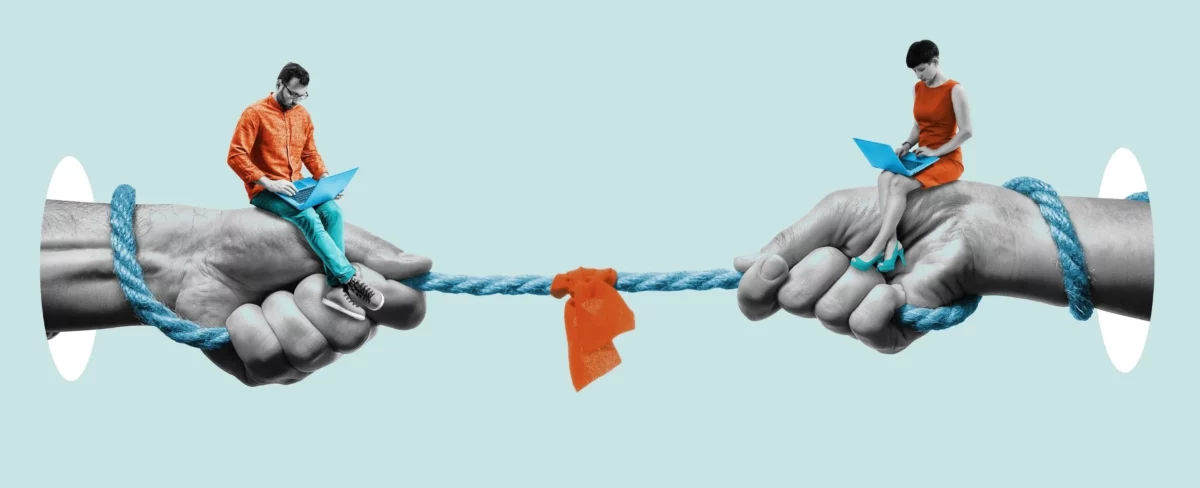Data tracking biases against women show no progress over a decade later. Some prejudices still remain deeply rooted in the minds of both genders regardless of the movements started.
Movements such as the #MeToo movement aimed at shifting biases and changing mindsets. The UN report states that even though there has been the introduction of affirmative action and gender equality education, biases still continue to progress.

According to the UN report, biased gender social norms are prevalent worldwide. With ideologies and stereotypes deeply etched into the mind. The study by UNDP shows that over 90% of people have at least one bias towards a certain gender.
These prejudices “are widespread among men and women suggesting that these biases are deeply embedded and influence both men and women to similar degrees”, the report says
This was found out after the UN updated its Gender Social Norms Index (GNSI). This index is used to take into account economic, political, education, and physical integrity metrics. The data from it is from the World Values Survey, an international initiative that tracks how beliefs and values are changing worldwide.
From the report, more than half the population, 69% of people believe that men make better political leaders than women would. In this same report, 27% of people believe that for the sake of democracy, women should be afforded the same rights as men.
Almost half the population, 46% of people believe that men have more rights to a job than a woman does. 43% of people believe that men make better business leaders than women.
A quarter of the population think that it is justifiable for a man to hit his wife depending on the circumstances. 28% of people still believe that university education is more important for men than it is for women.
Without tackling biased gender social norms, we will not achieve gender equality or the Sustainable Development Goals,” it said.

The stagnation of gender biases comes at a time when the UN notice a decline in human development metrics. The majority of these findings are attributed to the general cause of Covid-19 which had people indoors for the majority of the time.
“Everyone stands to gain from ensuring freedom and agency for women,” Pedro Conceicao, director of the UNDP Human Development Report Office, said.
Read Also: Gender Sensitive Reporting will Support Women















